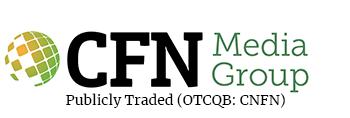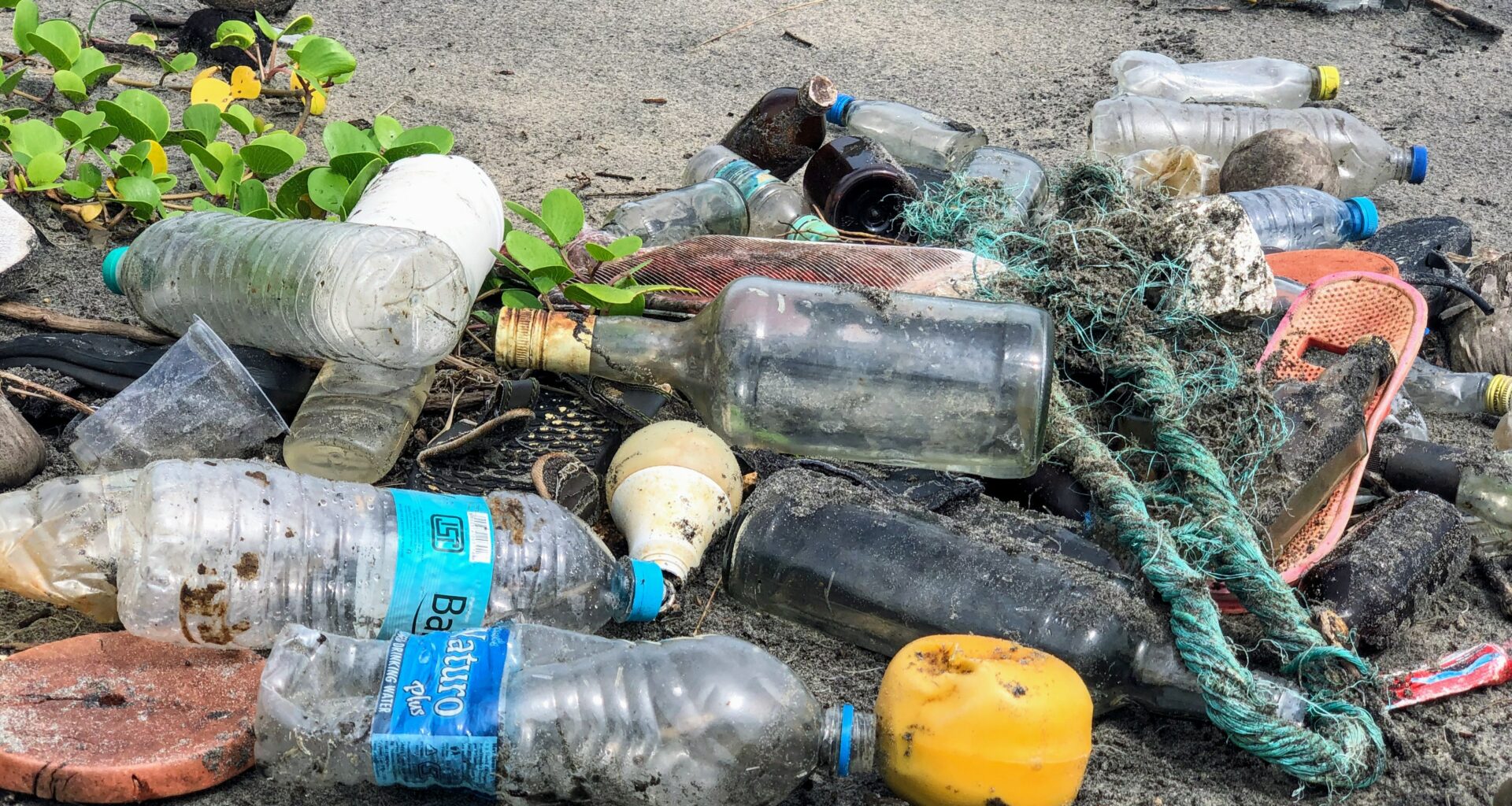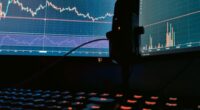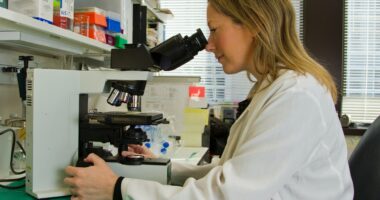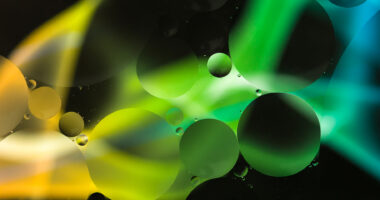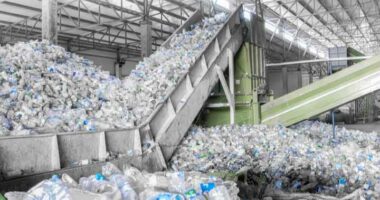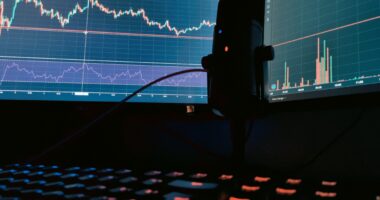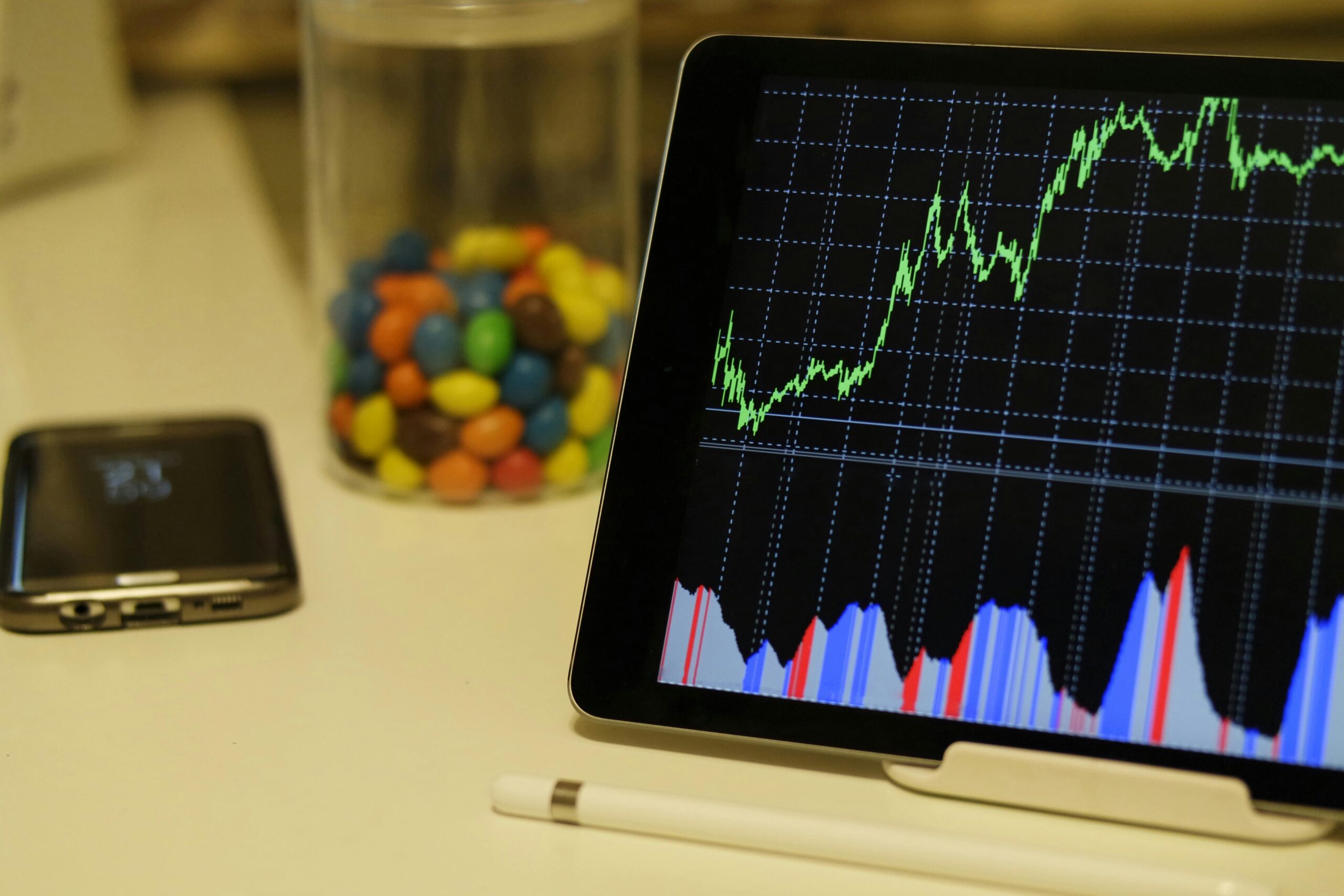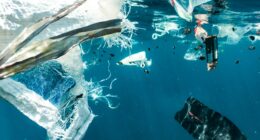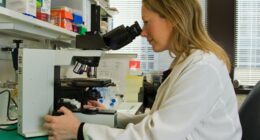Plastic waste is widely recognized as a major problem that needs to be addressed through a broad range of initiatives. Multinational companies have signed onto plastics pacts with the goal of reducing plastic waste through a variety of means, including ensuring that materials are recyclable, implementing reusable and compostable packaging, and boosting recycling rates from the current 10% or so up to 50% in the near term.
The United States Plastics Pact recently moved its goalposts, however, pushing back many of its previously stated targets from 2025 to 2030. The Executive Director of the organization, Emily Tipaldo, chalked up the move to ambitious goals that have not, to this point, been supported by federal government rules or initiatives. She also noted the current inability of recycled plastics to compete with the readily and abundantly available virgin plastic materials.
The United States is the world’s largest plastics market without extended producer responsibility (EPR) laws which require plastic makers to take care of the waste their packaging creates. Signatories to the pact in the US include many of the world’s largest companies, including Coca Cola, Unilever, Nestlé, Kraft Heinz, L’Oréal, and Conagra. In many ways, the US will have to step forward significantly for the problem of plastic pollution to be solved.
The United Nations isn’t waiting around though. The United Nations Environment Programme is in charge of finalizing an international plastics treaty by the end of 2024. The treaty takes a comprehensive approach that addresses the full life cycle of plastic, including its production, design, and disposal. The goal is to end, or in reality severely limit, pollution from plastic waste. 175 nations signed onto the agreement that set the treaty negotiation process in motion. So far, there have been four working sessions, with the most recent one wrapping up in Ottawa, Canada, earlier this week. The final session will take place in November in Busan, Republic of Korea, and a treaty is expected to be produced by the end of the year.
Technology Needed
Treaties and agreements can certainly point the world in the right direction, but there is a technical component that is still lacking from a comprehensive solution. The fact is that current plastic recycling technologies are not up to the task of meeting heightened recycling goals.
For a very long time, a physical or mechanical recycling process has been the norm. This involves extensive washing, sorting, grinding, and melting to create a homogenous plastic recyclate that can then be used to make more plastic products. The system is inefficient, largely due to the intense sorting and pre-processing needed and to the inadequacy and inconsistency of the recyclate product.
Among more advanced recycling processes, pyrolysis is the most common. Reuters took a look at 30 projects around the world and found failure after failure. Most of the projects examined by Reuters use pyrolysis as the catalyst for the recycling process. Pyrolysis involves the application of intense heat to break down plastic into its molecular components. Pyrolysis projects have been proposed and scrapped over the past 20 years due to technical and commercial limitations. Regardless, companies keep trying to make it viable.
Even if pyrolysis were proven to work, there would be high carbon emissions from the process and the large amount of energy required to fuel the system. Countries also want to achieve net zero emissions, so the best possible solutions would be more efficient and less energy-intensive than current iterations.
Potential Solutions
There are plenty of technologies that are closer to the concept stage than the reality stage, and there are plenty of companies that haven’t panned out at all. There are also a few private companies, like Mura Technology and Licella, that may be worth keeping an eye on. Here are two public companies with fairly developed plastic recycling technologies. We’ll take a brief look at PureCycle Technologies, Inc. (NASDAQ: PCT) and Aduro Clean Technologies Inc. (CSE: ACT) (OTCQX: ACTHF) (FSE: 9D50) to see how they are progressing.
PureCycle
This is probably the most well-known, and advanced, company of the bunch. Procter & Gamble, one of the world’s largest consumer packaged goods companies, developed a new technology that uses solvents to dissolve polypropylene plastic, remove contaminants, liquefy the remaining polymers, and produce plastic pellets for us in a wide range of products. PureCycle Technologies Inc. (NASDAQ: PCT) was created, in partnership with the tech commercializing firm Innventure, to bring the solution to market.
Polypropylene is known as plastic #5 in the packaging industry, but is also ubiquitous in items like clothing and carpets. Though it accounts for more than 25% of global plastic production, virtually none of it is recycled worldwide. PureCycle is currently operating its initial plant in Ironton, Ohio. Production from the plant has been happening in fits and starts since reaching mechanical completion in Q2 2023, as the company works out the kinks of its processes. After re-starting again, PureCycle announced June production totals reached 1.1 million pounds of clean polypropylene pellets.
The company’s pellets have been approved by the U.S. FDA for use in food grade applications, as well as cosmetics and personal care products. The approval puts the recycled resin on par with virgin polypropylene in terms of how it can be legally used in consumer goods.
As of today, PureCycle trades at a valuation of approximately $1 billion in addition to debt of approximately $500 million (enterprise value of about $1.5 billion).
Aduro
Shell, the world’s second largest investor-owned oil and gas company, selected Aduro for participation in the Shell GameChanger program. The program is designed to speed Aduro’s path to commercialization of its patented Hydrochemolytic™ technology, a water-based chemical process capable of recycling and upgrading almost any type of plastic. Aduro’s process is touted as a less expensive, more efficient, lower emission, and highly scalable solution compared to competing technologies.
Aduro’s system offers potential advantages over many competitors because it can work with a wide variety of plastic types, including polypropylene and polyethylene, as opposed to focusing on just one or two. It also can be deployed on almost any scale from very small to very large, with significantly decreased capital expenditures compared to many of the other companies in the space. Additionally, the company is pursuing a licensing-based revenue model which lessens Aduro’s capital requirements.
Aduro, like PureCycle, is essentially pre-revenue, but maybe a year or two behind PureCycle in approaching the commercial stage. Aduro is generating some revenue from its Customer Engagement Program, in which it has been testing feedstock from six multibillion dollar plastics companies to prove and refine the technology’s capabilities. Aduro intends to start construction of a small commercial-scale Next Generation Process facility by the end of the year, and is focused on converting its many engaged potential customers into deeper stages of collaboration.
Aduro currently trades with a capitalization in the $75 million range. The company just announced plans for an IPO of its shares in the United States on the New York Stock Exchange, a move which would greatly raise its profile in the investment community.
What to Look For
In terms of the industry in general, and progress toward the goal of a circular economy for plastic, the anticipated UN treaty could prove to be a watershed moment. It’s entirely possible that, with a global framework in place, individual governments could follow suit with regulations and guidelines to spur widespread changes in how plastics are made, used, reused, and recycled. Everybody, from governments to the private sector, is interested in a solution.
In terms of the recycling technology that is a big key in reaching these goals, both PureCycle and Aduro should have plenty of developments to report before the year ends. PureCycle is hopeful of reaching full and smooth production capacity in the coming months and perhaps move into the revenue stage of its operation. And Aduro will be working hard to create more potential clients, key collaborations, and get the construction of its pilot next generation facility off the ground as it continues its own commercialization process. Stay tuned.
